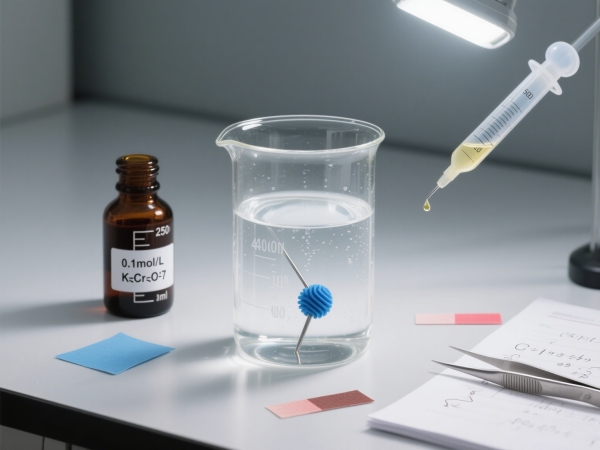Organic chemicals are everywhere, from the medicine we take to the plastics that shape our world. But behind these materials lies a complex system of chemical categories and functional groups that define how these substances behave. For buyers, researchers, and manufacturers alike, understanding the basic types of organic chemicals can make a real difference in selecting the right compounds for the right purpose.
At Chempacific, we’re committed to providing high-quality organic compounds backed by expertise and dependable service. This guide explores the main categories of organic chemicals and how they matter in both chemistry and biology.
What Are Organic Chemicals?

Organic chemicals are compounds primarily made of carbon atoms bonded with hydrogen, oxygen, nitrogen, and other elements. What sets them apart is the carbon backbone, an unique feature that allows for complex structures and a wide range of chemical behavior.
Unlike inorganic substances like salts or metals, organic compounds can form chains, rings, and branching structures. This flexibility is why they’re central to life processes and industrial synthesis alike. In biology, they’re the foundation of DNA, proteins, lipids, and carbohydrates. In industry, they’re used in everything from pharmaceuticals to polymers.
Major Categories of Organic Chemicals
Organic chemicals are typically classified into several main categories based on their structure and functional groups. Here are a few key types:
Alkanes, Alkenes, and Alkynes – Hydrocarbons that vary by the type of carbon-carbon bonds (single, double, triple). Often used as fuels or starting materials in synthesis.
Alcohols – Compounds with hydroxyl (-OH) groups. Used as solvents, antiseptics, and intermediates.
Aldehydes and Ketones – Contain carbonyl groups. Common in fragrances, solvents, and chemical synthesis.
Carboxylic Acids and Esters – Found in fats, oils, and food additives. Known for their acidic properties and fruity smells.
Amines and Amides – Nitrogen-containing compounds essential for pharmaceuticals and polymers.
These categories are not just academic—they affect solubility, reactivity, toxicity, and commercial applications.
Functional Groups and Their Importance
A functional group is the reactive part of a molecule that determines how it behaves in chemical reactions. For example:
Hydroxyl (-OH) in alcohols affects solubility in water.
Carbonyl (C=O) in aldehydes and ketones impacts polarity and reactivity.
Amino (-NH₂) groups in amines can act as bases and form hydrogen bonds.
Carboxyl (-COOH) groups confer acidity.
Understanding functional groups is key to predicting compatibility, storage conditions, and reactivity — all of which matter when selecting compounds for lab or production use.
Organic Chemicals in Everyday Life
Organic chemicals aren’t just confined to labs and textbooks. They’re part of everyday life:
Acetone – A common solvent in nail polish remover.
Ethanol – Found in hand sanitizers and alcoholic beverages.
Citric Acid – A preservative and flavoring agent in soft drinks.
Polyethylene – A plastic used in packaging and containers.
Ibuprofen – A pharmaceutical compound used as a pain reliever.
These examples highlight how organic chemistry isn’t abstract—it’s practical, commercial, and indispensable.
Where to Buy High-Quality Organic Chemicals
Finding reliable organic chemical suppliers can make or break your project. At Chempacific, we specialize in delivering:
-
High-purity organic chemicals with full documentation
-
Services as a custom synthesis company for research and industrial use
-
Flexible packaging and shipping options
-
Fast lead times and global delivery
-
Transparent communication and technical support
Whether you're looking to buy organic intermediates online or request a specific compound for lab-scale use, our team ensures a smooth and secure procurement experience.
Organic chemicals are diverse, essential, and powerful. From basic hydrocarbons to complex pharmaceutical intermediates, understanding their types and functions can help users, from chemists to buyers, make better decisions. With Chempacific, you’re not just purchasing chemicals; you’re accessing reliable expertise and consistent quality.



